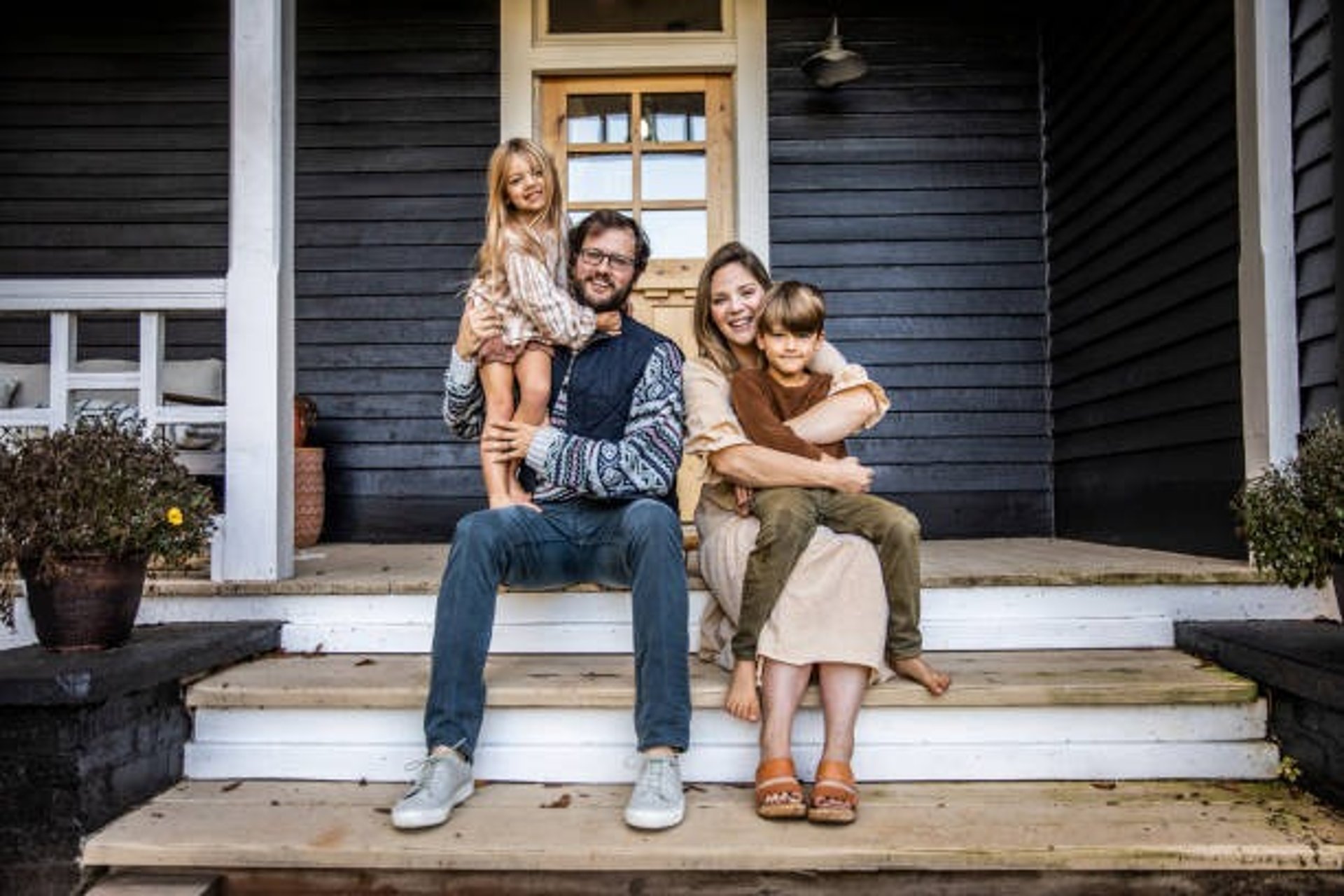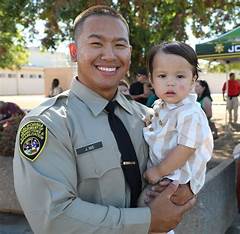Innovation unleashed. Empowering agencies with cutting-edge technology

They Serve, We Worry: The Untold Story of CO Kids
Behind the badge, behind the bars, there's another story unfolding – the story of the children of corrections officers. They live with the worry, the absences, and the fear. They're resilient, they're proud, but they're also worried. This is their untold story
2/11/20252 min read


Being a kid is tough. Imagine knowing your parent works behind bars, in a world most only see on TV. That's life for kids of corrections officers (COs) – a life of unique challenges.
These kids are resilient. They learn early about rules and safety, understanding their parent's demanding job. But lately, "demanding" has become terrifying. News stories flash across screens – fentanyl. The word is a boogeyman, a silent threat. They hear whispers of officers sickened due to exposure. Suddenly, the fear is deeply personal. They know Marc Fischer's name. They know he was a CO, like their parent, who died from fentanyl in the mailroom, leaving behind a wife and two children. It could have been their parent.
Compounding the fear are staff shortages. Sixteen-hour shifts are normal. Family time vanishes. School plays, soccer games, birthday dinners – all missed. These kids know their parent isn't choosing this; they're forced to. This adds worry – fear for their parent's safety, and the aching absence.
They might hear hushed phone calls, see their parent exhausted. Now, there's fear and resentment. Every time their parent leaves, worry tightens. Will today be that call? Will they come home? They know the dangers – fentanyl, tragedy. It's a weight no child should carry, made heavier by absence and a stretched system.
The job's emotional toll, worsened by shortages, is immense. COs witness difficult situations, leading to stress, anxiety, even PTSD. Kids sense this. Now, it's amplified. It's not just job stress; it's real fear for their parent's safety, the worry of fentanyl brought home. They worry about their parent's well-being, overworked and facing danger with limited backup.
But there's pride, too. CO kids see their parents' vital role, the strength and compassion required. They learn integrity and respect. They see the courage it takes to face these dangers, to go to work knowing the risks, knowing they are overworked and under-supported.
These kids develop strong empathy. They learn not to judge, understanding the complexities of human behavior. They understand loss, the fragility of life, the impact of workplace dangers, especially invisible ones like fentanyl. They understand sacrifice, the toll of systemic issues.
Supporting these families is crucial. COs need mental health resources to cope with job stress, the constant worry about exposure, and the added burden of overtime. It’s vital to address children's anxieties. Open communication is key. Talking about dangers, acknowledging fear, and finding coping mechanisms are vital. Education about fentanyl and CO safety protocols can empower these kids. Addressing staffing shortages is crucial. Officer Fischer's legacy, and the dangers COs face, demand action.
Being a CO's child isn't easy. It fosters resilience, empathy, and deep appreciation for the difficult, essential work COs do. These kids are a testament to family power, the importance of service, and the parent-child bond, even in the toughest circumstances, facing real danger, in fentanyl's shadow, and amidst a system stretched to its breaking point.
Protect the Families of Our Heroes
Crushing Contraband: The Answer to Secure Facilities
© 2025 Smart Communications, LLC. All Rights Reserved Confidential: This correspondence and any files transmitted with it are confidential and intended solely for the use of the individual or entity to whom they are addressed. If you have received this correspondence in error, please notify the sender. This page contains confidential information and is intended only for the individual named. If you are not the named addressee you should not disseminate, distribute, or copy this information. Please notify the sender immediately by email if you have received this information by mistake and delete this information from your system. If you are not the intended recipient you are notified that disclosing, copying, distributing, or taking any action in reliance on the contents of this information is strictly prohibited.